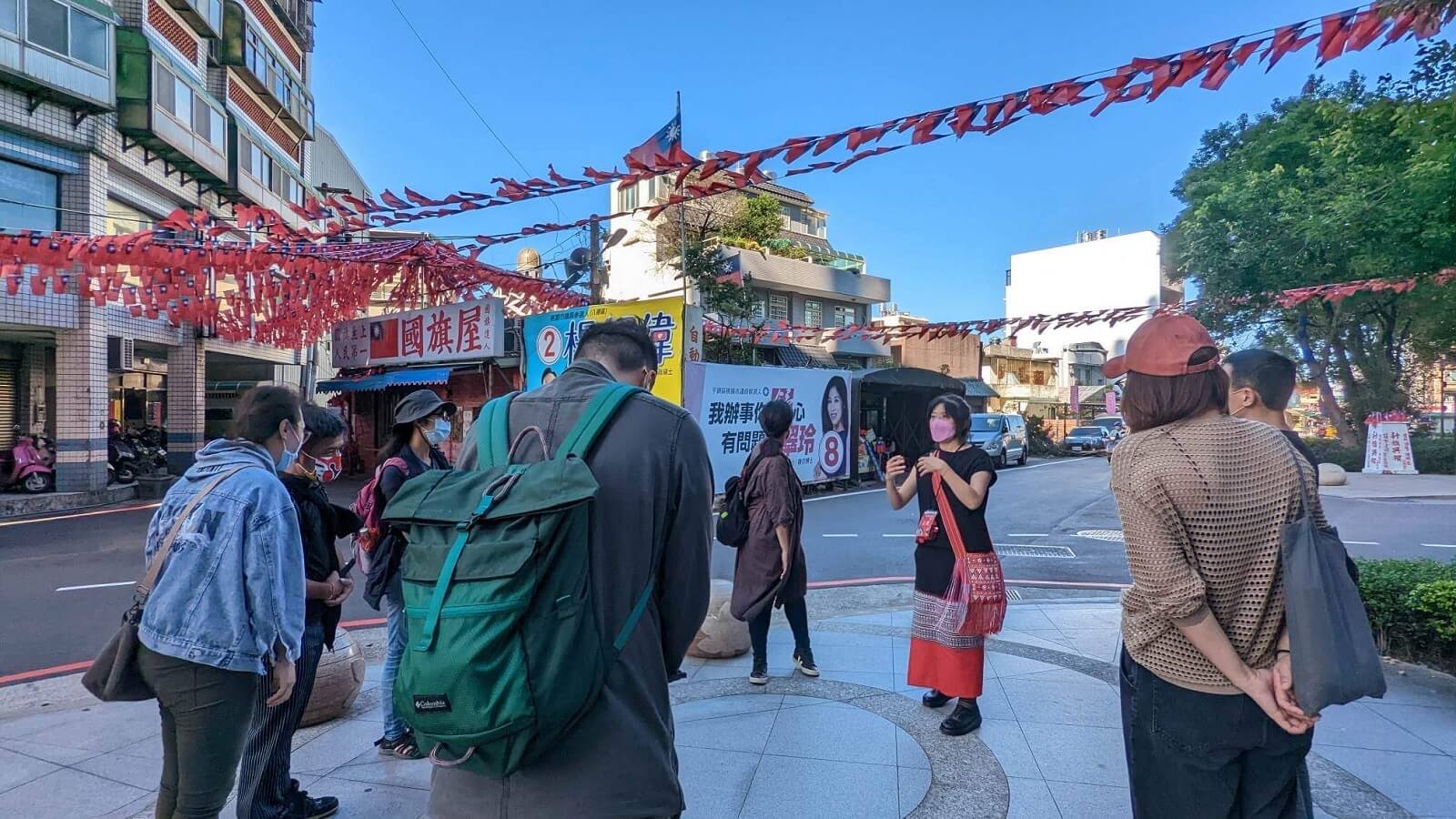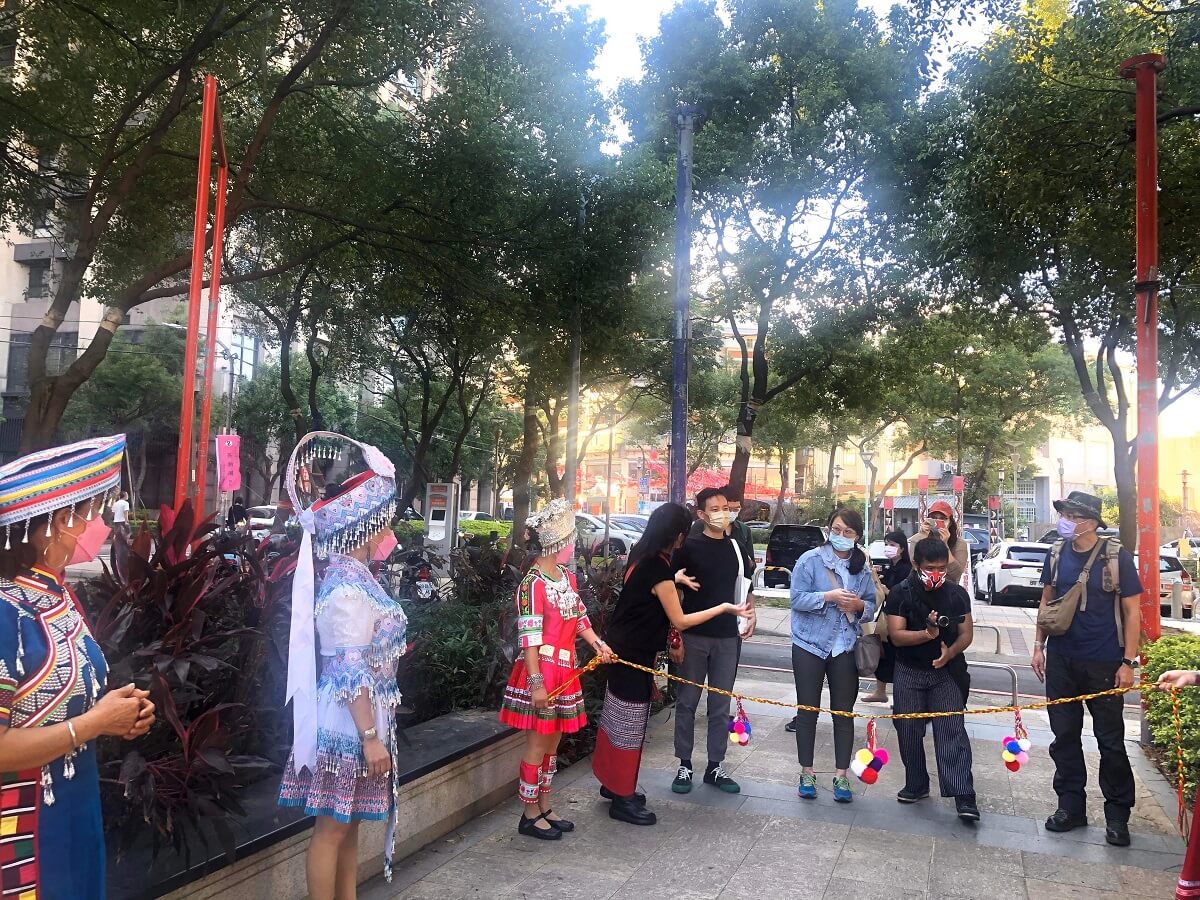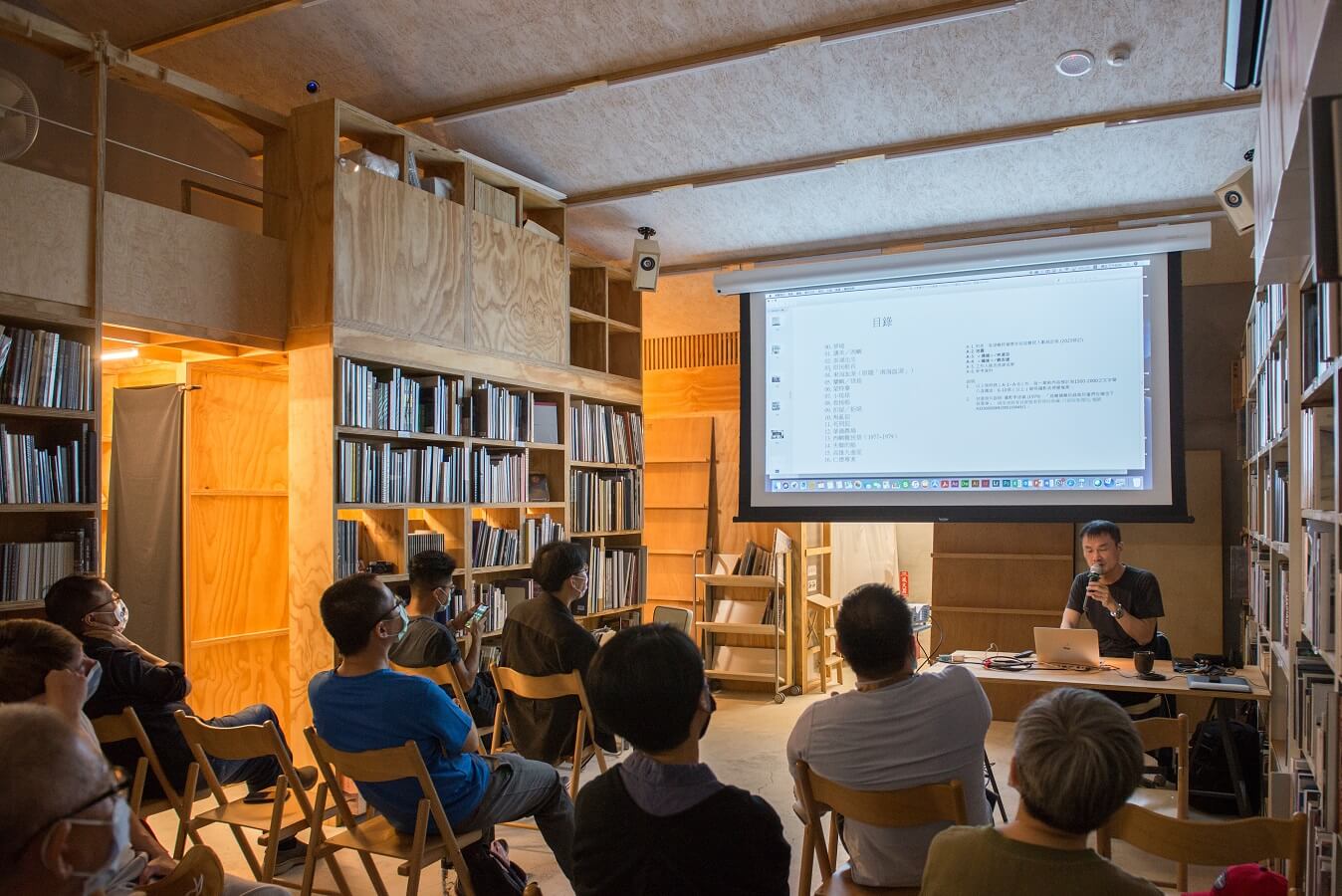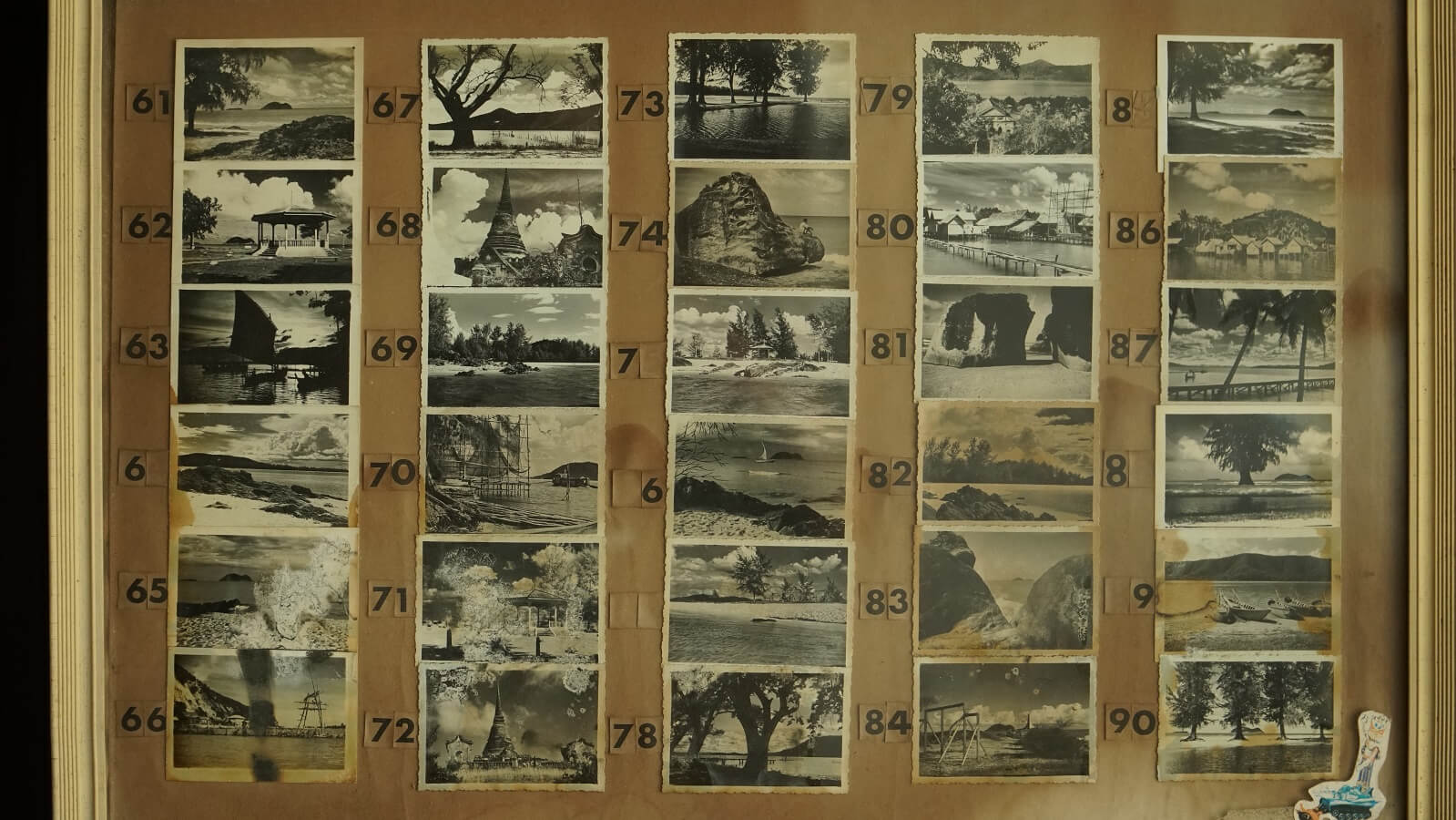
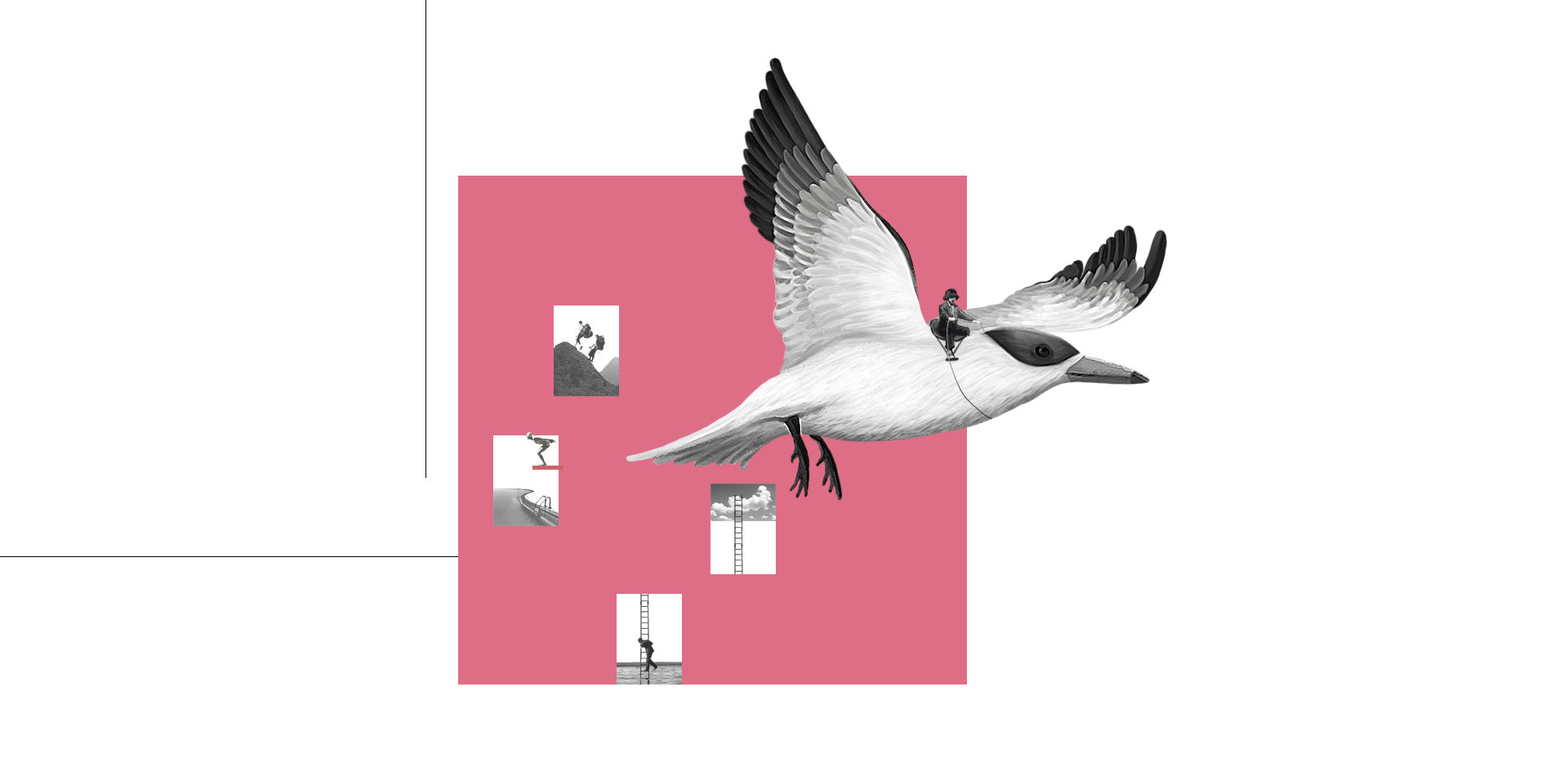
From Shared Vision To Co-Creation —— Co-learning project for cultural practitioners in Taiwan
Since 2020, SEA plateaus initiated a co-learning project for the program’s collaborators, with the aim to connect the frontline art creators, workers, and practitioners engaged in cultural exchange work, so that they can start interactive discussions and stimulate each other’s practice and thinking on different topics. In 2022, the concept of “cultural experience” was used as the theme, and participants were invited to put themselves in the position of cultural experience attendants. Cultural researchers were invited to lead the dialogue and discussion from both academic theory and practical experience points of view. During each activity, the participants explored how the artists, through the medium of artistic creation and event execution in which they specialize, observe the multiculturalism and interactions on the island nation of Taiwan in a sensitive manner, from the perspective of a fellow human. In turn, this corresponds with the cultural connections and differences between Taiwan and its neighboring countries in Southeast Asia.
The 2022 events included the cultural experience in Longgang, Taoyuan and cultural experience and exchange lecture planned by ethnomusicologist Lu Hsin-Chun, in addition to a visit to the National Taiwan Museum’s A Centenary Dialog: When Transnational Migrants and Museum Collections Cross Paths. Artists from different fields of the SEA plateaus were invited to participate, discuss, and reflect on these experiences. In each session, the participants discussed how common approaches to cultural experience design, the position of the narrator, and the direction of the narrative affect the viewer’s cultural experience of specific locations. In the co-learning activities, the participants also reflected on the choices and exclusions that designers, creators, and practitioners of cultural experiences may face when engaging in projects that introduce multiculturalism. They also pondered the careful transformation of their identity and examination of the content in their role as mediators of cultural experiences.
 Lu Hsin-Chun
Lu Hsin-Chun
Lu Hsin-Chu is an associate researcher at the Institute of Ethnology, Academia Sinica and associate professor at the Graduate Institute of Musicology, National Taiwan University. Her long-term research is concerned with the mobility of music, which covers a wide range of migratory cultures who have developed this musical characteristic. This includes the phenomenon of musical dispersion through population movement and the dissemination of music through the development of music technology and devices or the expansion of markets, as well as the (re)production of social and cultural meanings carried out by music through the passage of time. The specific subjects of her study are Burmese classical musicians, Burmese migrant workers, Burmese Chinese immigrants, and Kuomintang troops in Burma, both within and outside of Burma. Most of the issues focus on the forms of music and dance that they have practiced and experienced. She also examines the history of these forms and explores various facets of these issues.
 Taoyuan City Yunnan Traditional Folk Dance and Song Promotion Association
Taoyuan City Yunnan Traditional Folk Dance and Song Promotion Association
The Yunnan Traditional Folk Dance and Song band was formed in 1994 by the Yunnan minority ethnic group living in Longgang District, Taoyuan. They became popular by performing Da Ge, the traditional folk dance and song in ceremonies and festivals and in 2014, the Taoyuan City Yunnan Traditional Folk Dance and Song Association was established to promote the culture of Yunnan folk music. At present, the association’s members include Dai, Yi, Akha, Han and other ethnic groups. The association was first formed by Zhang Laowang, a descendant of a Kuomintang soldier in Burma. At present, the members of the association are not only from the minority groups in Yunnan, but also comprise many local Taiwanese women who have moved to the Longgang area in recent years, and they usually meet in the Yunnan Cultural Park.
 Lost Army Story House
Lost Army Story House
Located in the Zhongzhen New Village Cultural Park, the objective is to study, preserve, and display the history of the orphaned army of the Kuomintang in Burma, and to provide free admission to the public so that different ethnic groups can learn about the stories of the lost army and the cultural background of Zhongzhen New Village. The “Lost Army” was a little-known Kuomintang unit that fought for more than 30 years in the remote jungles of the Golden Triangle against the Communists in order to restore the country and to protect the security of the Taiwan Strait. The Lost Army Story House is dedicated to preserving the tragic history of the “Lost Army”, so that their story will never be forgotten.
 Emily Yuan Hsu-Wen
Emily Yuan Hsu-Wen
As a research assistant in education and outreach at the National Taiwan Museum, her main research focuses on the inclusiveness of international immigrants in Taiwanese society and the accessibility of museums. In 2015, she was assigned to implement an immigrant tour guide program at the museum, which involves providing multilingual tours, primarily in Southeast Asian languages, English, and Chinese, and assisting in building connections between the museum and the immigrant community.

